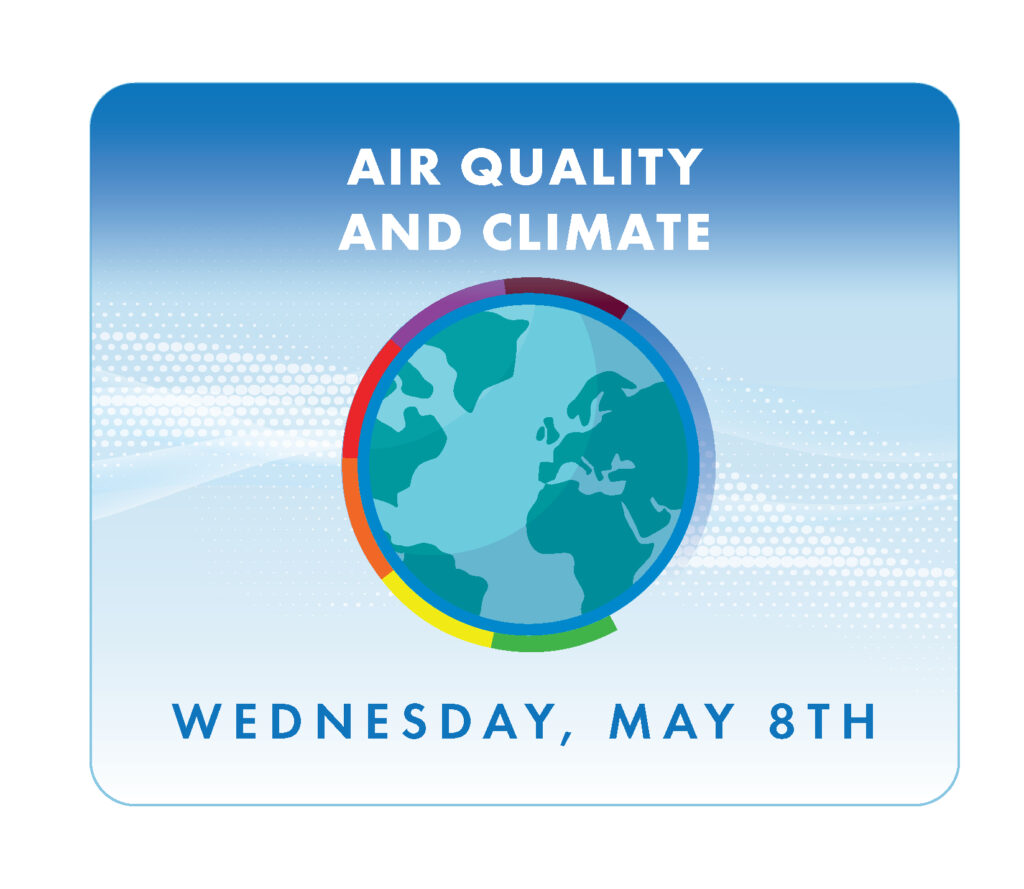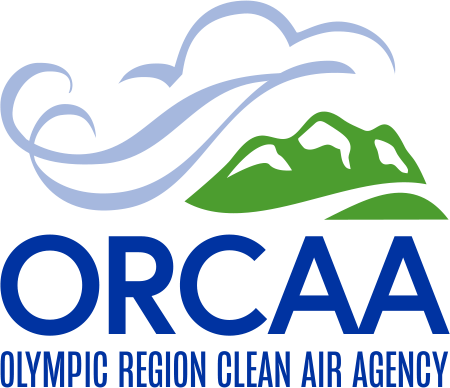
Climate change can affect air quality, and certain air pollutants can affect climate change. For example, hot sunny days associated with a warming climate can increase ground-level ozone in some areas. Ground-level ozone is also a greenhouse gas that contributes to climate change by trapping heat in the atmosphere. Read more about greenhouse gases and the climate effects of certain air pollutants on the EPA Basics of Climate Change page.
The U.S. Environmental Protection Agency (EPA) lists the Top Climate Impacts on Air Quality
- Outdoor and Indoor Air Pollution
- Some people have allergic reactions to mold. These can include sneezing, red eyes, and a skin rash.
- Air pollution may also damage crops, plants, and forests. For example, when plants absorb large amounts of ground-level ozone, they experience reduced photosynthesis, slower growth, and higher sensitivity to diseases.
- Wildfire Smoke
- Exposure to wildfire smoke increases the risk of respiratory diseases.
- Climate change has already led to more frequent wildfires and a longer wildfire season. Wildfire smoke pollutes the air, impairing visibility and disrupting outdoor activities. It can also spread hundreds of miles downwind to other regions.
- Exposure to wildfire smoke can worsen respiratory illnesses, such as asthma, chronic obstructive pulmonary disease (COPD), and bronchitis. Wildfire smoke exposures have also been linked to premature births.
- See Monday’s post about dealing with Wildfire Smoke.
- Airborne Allergens
- A changing climate is expected to cause earlier and longer springs and summers, warmer temperatures, precipitation changes, and higher carbon dioxide concentrations. All of these changes can increase people’s exposure to pollen and other airborne allergens, which in turn can lead to more allergy-related illnesses, such as asthma and hay fever.
- For more specific examples of climate change impacts in your region, please see the National Climate Assessment.

